Sunday, September 10, 2017 (Sunday)
One can become so accustomed to the title of a book referring to the lead poem in the collection that when one has read around in the book and still not found the title, even as a phrase in a poem, the words begin to echo behind each line: first lines, last lines, and every line between. The title of Alexis Rhone Fancher’s recently published collection of poems began to emit that hypnotic shimmer as I read twenty or so poems at random in my first perusal. “Enter Here” is not an unfamiliar imperative, and yet within the domain of imaginative consciousness illuminated by erotic impulses, the book’s presence in one’s hands has an almost premonitory intimacy: “who touches this book touches a woman’s imagination.”
Readers fortunate enough to have started with Fancher’s How I Lost My Virginity to Michael Cohen will happily breathe in the pheromones swirling from these poems. One should be warned, as one often is in literature with directional indicators: reading these poems will arouse you, not so much carnally but with an adamant curiosity about that bondage that sexual desire imposes on us, if we but give it the slightest opening. The photograph on the book’s cover sums up how huge the consent is once we crack the door even slightly.
In Fancher’s poems, the speakers consent to as much intensity as will enable them to entangle themselves in the urgent illusion of the insatiable. In doing so, they risk having their candor taken for granted, as if it were no more than a carefully disguised substitute for self-gratifying narcissism. Fancher guards against that relaxed reading by being explicit only when it is needed. In “To My New Boyfriend with Oversized Blue Lips Tattooed on His Neck,” for instance, there is no dwelling upon “kinky sex.” What that might have been is left to the delicate extremes of the reader’s conjunctions. It is within the satiety of the bower of bliss, however, that revelation most forthrightly takes place:
one night, you let it slip:
how just before she kissed you off
she lead you on a leash,
sat you in the chair,
cupped your chin,
imprinted her lipsticked kiss on your
neck’s throbbing pulse,
and ordered the tattooist to begin.
The extent to which we can trust the narrators in Fancher’s poems is a central factor in her persona. Candor requires accurate memories, and Fancher is honest enough to present memories that do not go unchallenged. “Cousin Elaine from Chicago and I Are Naked” ends with a denial by the other person that the alleged sensual intimacy between the two characters was anything more than a dream. That a dream could have the same equal consequences as an actual encounter is left unconsidered by the character of the cousin.
Indeed, one of the most convincing aspects of Fancher’s delineations of sexual power draws upon the liminality of being awake and dreaming. Is the car the lover who can’t be shared, or is it the narrator’s fellow student in an acting class, Anjelica, who teases and provokes a male voyeur with merciless evasiveness?
“When I confess the affair to my boyfriend, he jacks himself off in the galley kitchen and comes all over his unattainable fantasies. He says that he doesn’t consider sex between women to be cheating, and begs me to set up a threesome. I tell him the T-bird’s a two-seater, and watch his face fall. I could end it, but why? All I can say is that I want her for myself. All I can say is that I’m a die-hard romantic. Anyone I do, I do for love.”
(“Tonight I Dream of Anjelica, My First Ex-Girlfriend, who Taught me the Rules of the Road”)
The wit in that poem surfaces again in a conversation that more than a few men have had at some point in their lives. As a writer, Fancher takes care to remember the basic rule of giving one’s characters the best possible chance to win a scene. One of the most laconic illustrations of her deft skill comes with protestation at the end of “Morning Wood:
I long to inhabit him.
“Do you think
of your penis
as an “It”
or a “He”?
“Neither,” he says.
I think of it as Me.”
It’s not often that a book of poems has over a dozen poems that will cause anthologists a fair amount of deliberation. In addition to the poems I’ve already mentioned, it would be difficult to stop an initial list with just the following:
“Housekeeping,” “I prefer pussy….,” “this small rain,” “I was hovering….,” “Cousin Elaine…,” “the sad waitress…,” “Bambi Explains It All,” the pair of “Tattooed Girl” poems. And “Dear Mrs. Brown…” “Doggy Style Christmas,” and “Tonight I Dream of My First True Love.”
Fancher’s books of poetry have begun to attract considerable praise from Los Angeles-based poets such as Laurel Ann Bogen, Michael C. Ford, Pam Ward, Gerald Locklin, and Michelle Bitting. Tonight Fancher will read her poems as part of Library Girl series (run by Susan Hayden) at the Santa Monica Airport. It is a sold-out show, and I hope extended applause rewards Fancher’s willingness to risk having the solidity of her poetics questioned by those who feel safest on tamped-down terrain. She is fearless, and should be fearlessly praised. She is on the verge of joining poets such as Kim Addonizio, Sharon Olds, Alicia Ostriker, and Lyn Lifshin as a memorable provocateur in contemporary poetry. Clare MacQueen, the publisher of KYSO Flash, deserves equal praise for assisting the emergence of this poet into the ranks of the most significant risk-takers.
Post-Script:
Years ago, a quarterly magazine called Yellow Silk devoted itself to a celebration of eros, and it was successful enough to generate an anthology in the early 1990s that in turn warranted some sequels. In the preface to the first collection, Richard Russo noted how small a role Eros played in the contemporary literary imagination. “When I sought out small-press and literary magazines available in this country, I found … (the writing) published there often had, and I mean this literally, death in the first paragraph.”
I, too, had noticed how rare it was to find a love poem – let along an erotic poem – in a literary magazine. I have to concur with Russo’s observation. I, too, noticed this almost perverse preference for the glamour of death, and one of my attempts to counter it was my editorial preference for love poems in my second anthology, Poetry Loves Poetry (1985). If Alexis Rhone Fancher had been writing and publishing these poems in Los Angeles thirty years ago, she would have been one of the stars of that anthology.
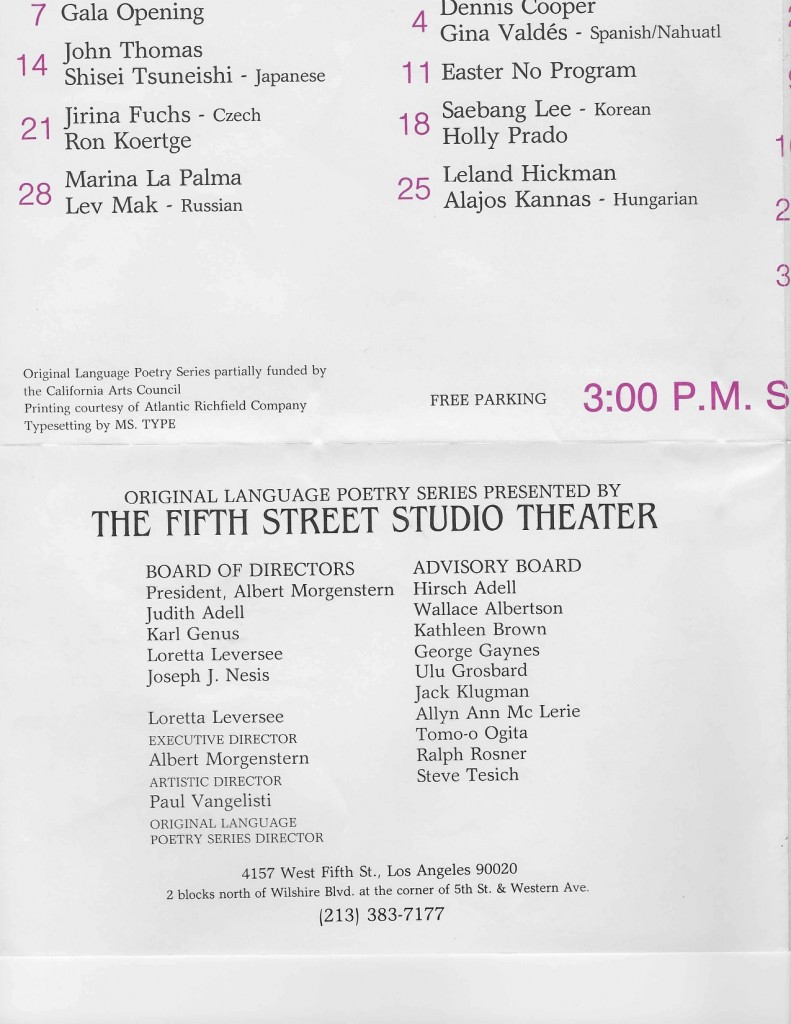
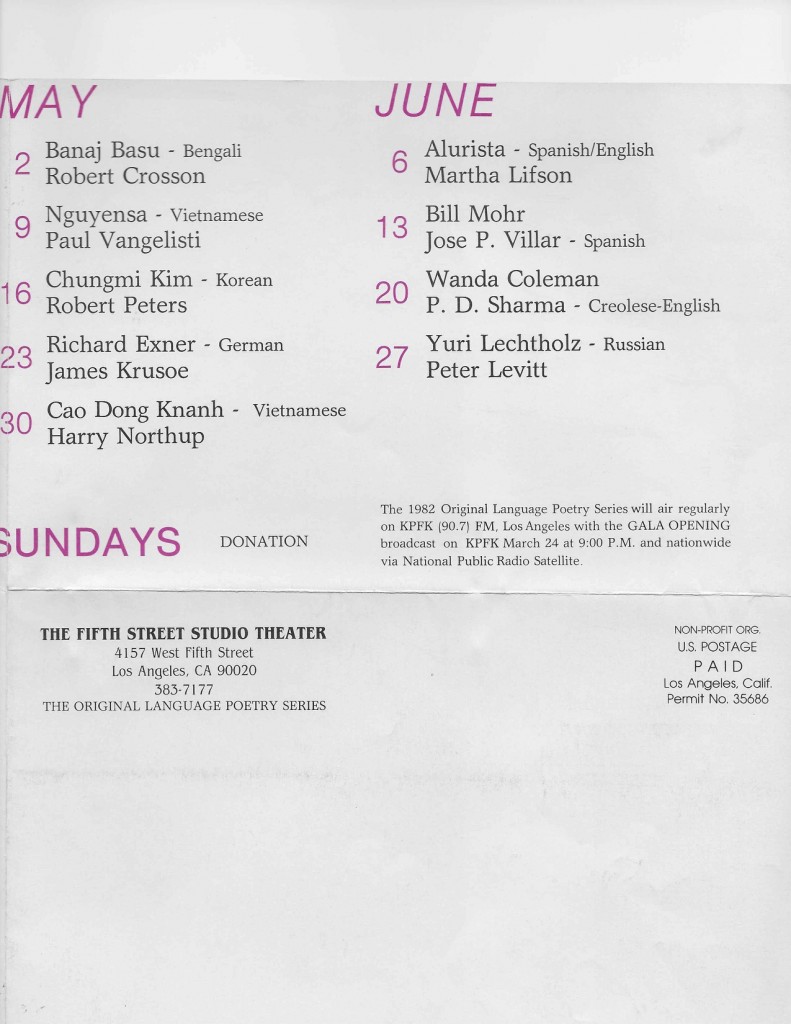
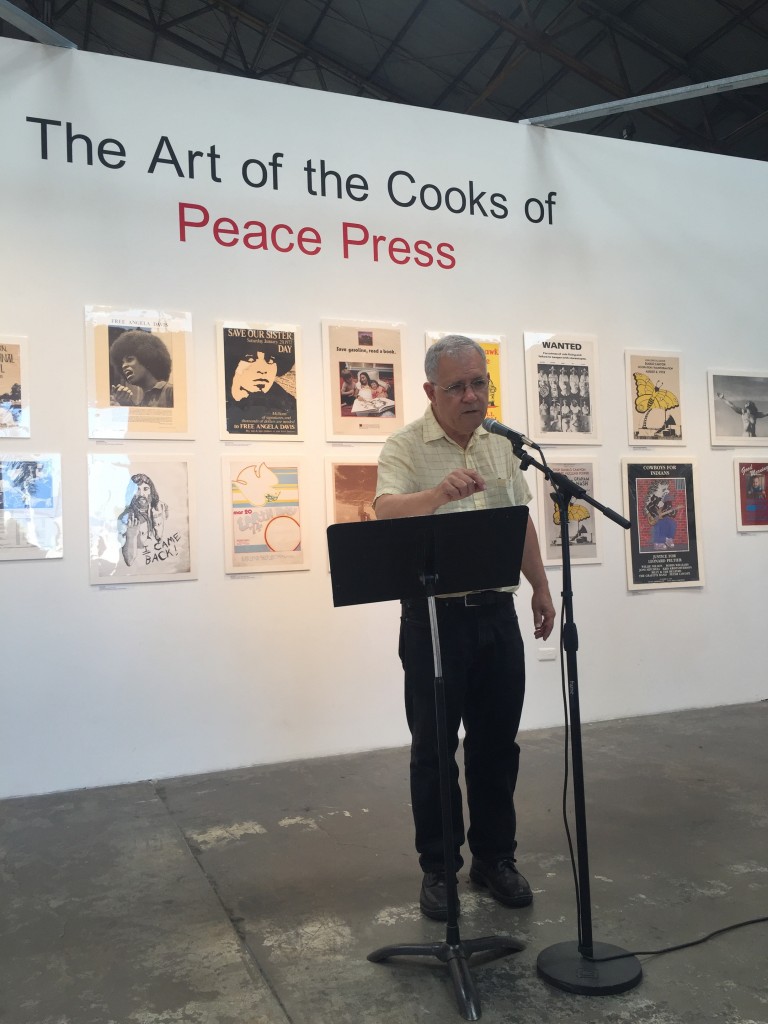
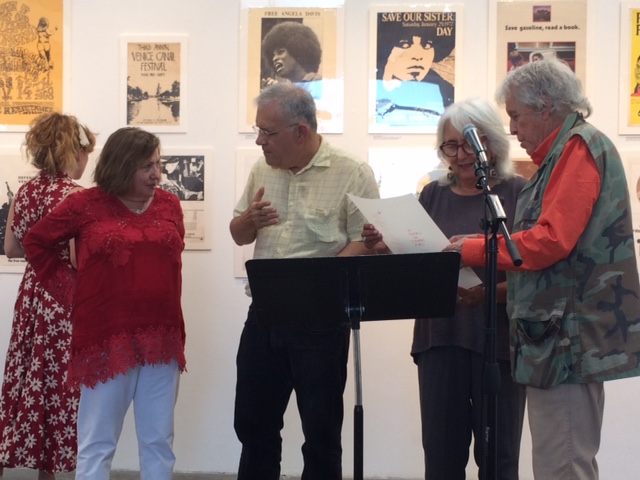
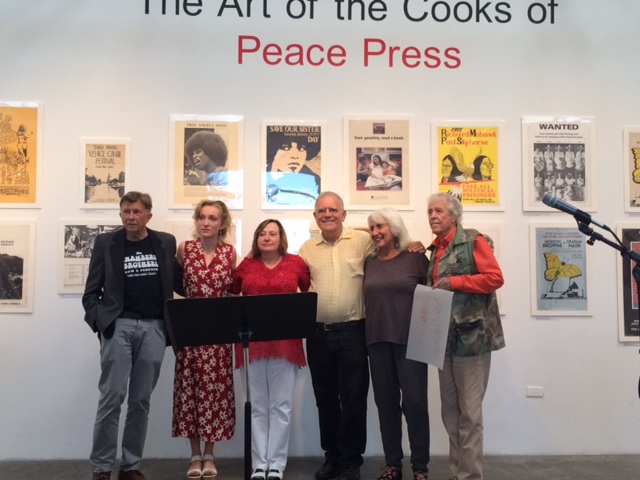
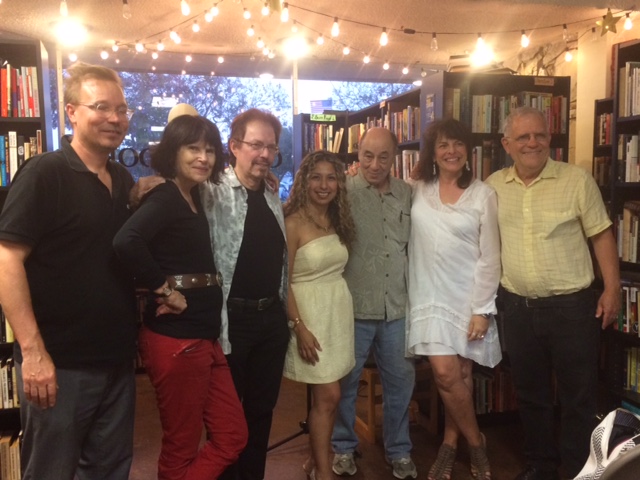
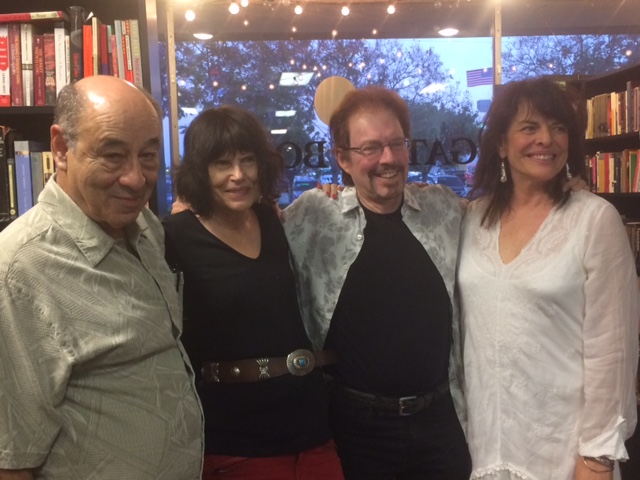
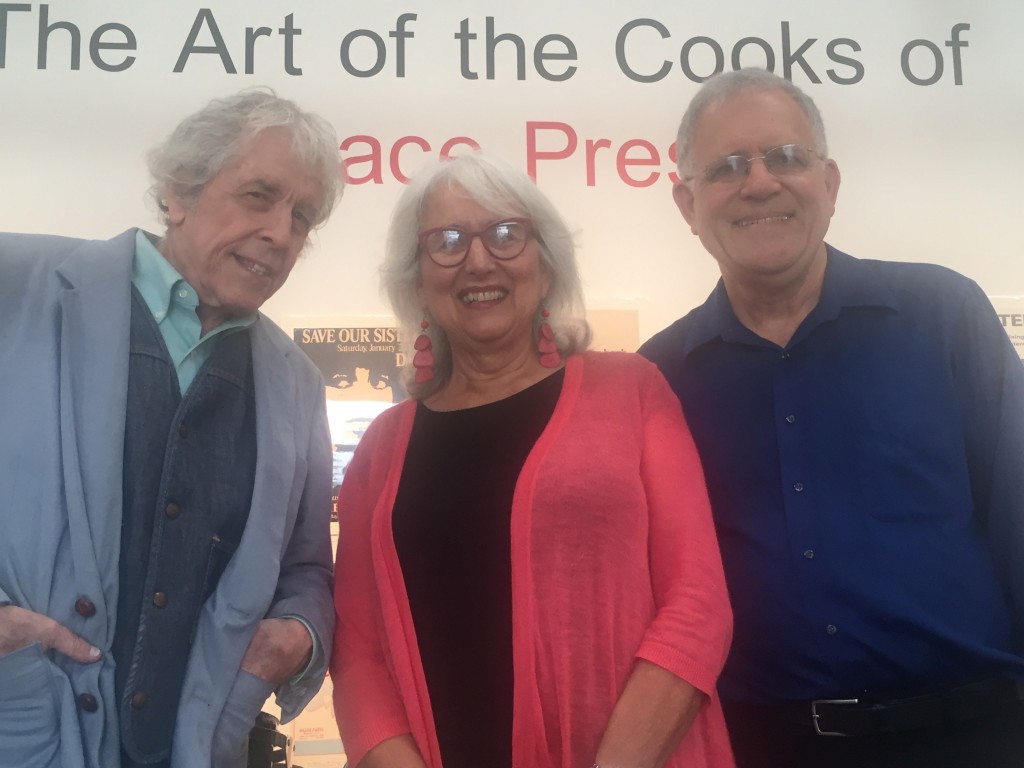
 About Bill Mohr
About Bill Mohr